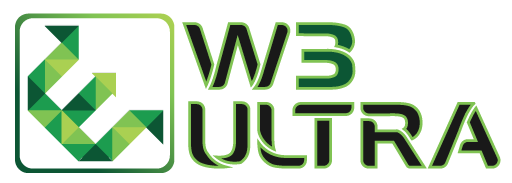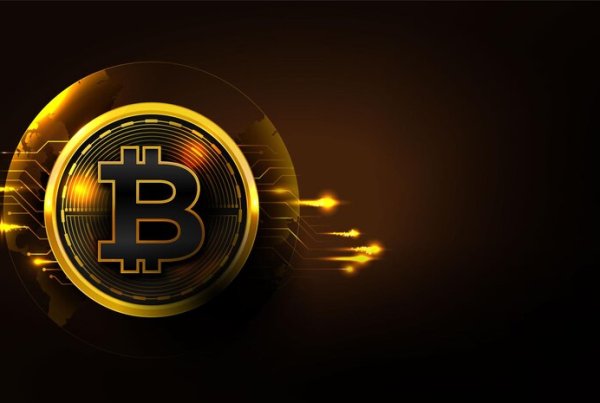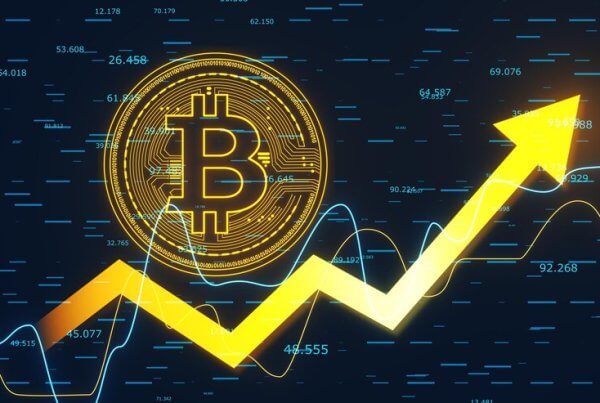In the dynamic realm of finance and innovation, the future beckons with promise: Asset tokenization 2030 stands poised to revolutionize global markets. As blockchain technology continues its ascent, the concept of transforming tangible assets into digital tokens is set to unlock trillions. Also, leading this charge is Rexas Finance, pioneering a path where high-value assets from real estate to fine art are making accessible to all through fractional ownership.
Asset Tokenization 2030: Redefining Global Markets
In the fast-evolving landscape of finance, Asset Tokenization 2030 emerges as a transformative force, reshaping how we perceive and engage with traditional investments. As blockchain technology matures, the concept of digitizing real-world assets into manageable tokens gains prominence. This shift not only enhances liquidity but also democratizes access to high-value assets like real estate and fine art. Rexas Finance, at the forefront of this revolution, spearheads innovations that promise to redefine global markets by 2030.
Understanding Asset Tokenization in the Digital Age
Asset tokenization in the digital age involves converting tangible assets such as real estate, art, and commodities into digital tokens. This process allows assets to divide into smaller, more accessible shares, enabling fractional ownership. Besides lowering the barrier to entry for investors, asset tokenization enhances market efficiency and enable round-the-clock trading. Moreover, it introduces a level of transparency and security previously unseen in traditional financial markets.
The Role of Blockchain Technology in Asset Tokenization 2030
Blockchain technology underpins Asset Tokenization 2030 by providing a secure and decentralized ledger for recording transactions. Also, it’s leveraging blockchain, assets into tokenized, traded, and settled swiftly and securely, bypassing intermediaries and reducing transaction costs. Furthermore, blockchain’s immutable nature ensures transparency and trust among participants. As blockchain continues to advance, its integration into asset tokenization processes promises to streamline global financial ecosystems.https://w3ultra.com/dubai-blockchain-technology/
The Advantages of Asset Tokenization 2030
Asset Tokenization 2030 offers several compelling advantages that position it as a game-changer in global finance. Among these benefits is increased liquidity and accessibility through fractional ownership. Also, it’s allowing investors to purchase smaller portions of high-value assets, tokenization democratizes investment opportunities, and making markets more inclusive. Furthermore, tokenization enhances transparency and security, mitigating fraud and enhancing investor confidence.https://bitmarkets.com/en/insights/article/asset-tokenization-to-reach-2-trillion-by-2030
Increased Liquidity and Accessibility Through Fractional Ownership
Besides democratizing access to traditionally illiquid assets, fractional ownership via tokenization enables investors to diversify their portfolios with smaller capital outlays. This democratization not only broadens participation in high-value markets but also stimulates economic growth. Moreover, it fosters a more dynamic and responsive investment environment where assets can trade seamlessly across global markets.
Transparency and Security
Asset tokenization 2030 prioritizes transparency and security through blockchain technology. Blockchain’s decentralized ledger ensures that transactions are recorded and verified in a tamper-resistant manner, reducing the risk of fraud and manipulation. Additionally, smart contracts facilitate automated and secure transactions, eliminating the need for intermediaries and reducing transaction costs. This heightened level of security and transparency not only attracts institutional investors but also builds trust among individual investors. Also, paving the way for widespread adoption of tokenized assets.
Challenges and Solutions in the Tokenization Sphere
Despite its promising outlook, Asset Tokenization 2030 faces challenges that must be addressed to realize its full potential. Legal and regulatory considerations play a pivotal role in shaping the tokenization landscape. Also, it requiring robust frameworks to protect investors and ensure compliance across jurisdictions. Moreover, addressing infrastructure gaps especially in developing regions poses challenges to the global adoption of tokenized assets. Overcoming these obstacles demands collaborative efforts from industry stakeholders and regulatory bodies.

Legal and Regulatory Considerations in Asset Tokenization 2030
Navigating the legal and regulatory landscape is critical for the widespread adoption of asset tokenization. Jurisdictional differences in securities laws and property rights necessitate clear frameworks that safeguard investor interests while promoting innovation. Furthermore, regulatory compliance ensure tokenize assets adhere to established standards. Besides, establishing transparent and enforceable legal frameworks is essential for minimizing risks and unlocking the full potential of tokenized assets.
Addressing Infrastructure Gaps: Global Adoption Challenges
Besides regulatory hurdles, addressing infrastructure gaps remains a key challenge for Asset Tokenization 2030. Developing robust blockchain infrastructure and digital finance ecosystems is crucial for facilitating seamless tokenization and trading of assets worldwide. Furthermore, enhancing technological literacy and accessibility in underserved regions can democratize access to tokenized assets. Also, it can unlock new avenues for economic growth and financial inclusion.
Innovations Driving Asset Tokenization Forward
Innovations in technology and market strategies are pivotal in driving Asset Tokenization 2030 forward. Rexas Finance exemplifies this with its innovative approaches to enhancing tokenization processes and expanding market access. Also, leveraging AI and advanced technologies, such as the Rexes Token Builder and Rexas Finance streamlines asset tokenization. Also, ensures robust security and compliance standards. These innovations not only enhance user experience but also set new benchmarks for efficiency and scalability in the tokenization landscape.
The Role of AI and Advanced Technologies in Rexas Finance
AI and advanced technologies play a transformative role in Rexas Finance’s ecosystem with the automating complex and optimizing asset management. AI-driven insights enable more informed investment decisions, while automation streamlines token issuance and management. So, harnessing these technologies, Rexas Finance enhances operational efficiency and accelerates the adoption of tokenized assets on a global scale.
Unique Features: Rexes Token Builder and QuickMint Bot
Rexas Finance introduces unique features like the Rexes Token Builder and QuickMint Bot to simplify asset tokenization processes. The Rexes Token Builder enables users to create customized tokens tailored to specific asset classes, enhancing flexibility and market adaptability. Meanwhile, the QuickMint Bot automates token issuance and management, ensuring seamless transactions and reducing operational overhead. These innovative tools not only streamline tokenization processes but also set new standards for user experience.
The Future Landscape of Asset Tokenization 2030
As we look ahead to 2030, Asset Tokenization promises to reshape global markets with the democratizing access to high-value assets and enhancing market efficiency. Also, the advancements in blockchain technology and innovations from industry leaders like Rexas Finance, the future of asset tokenization appears promising. Asset Tokenization 2030 holds the potential to unlock trillions in value and pave the way for a more inclusive and transparent financial ecosystem.








